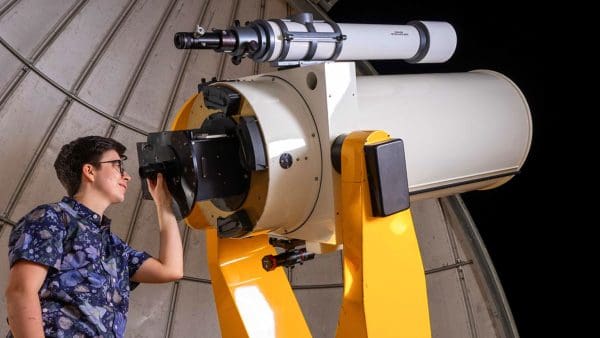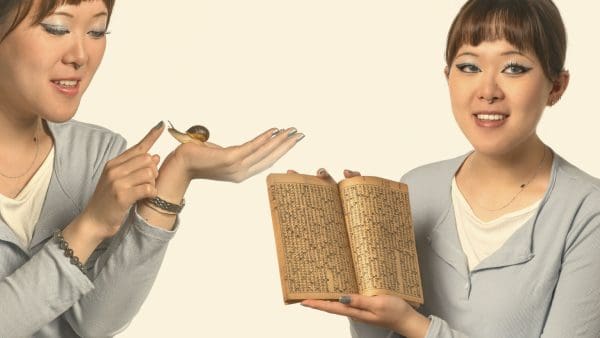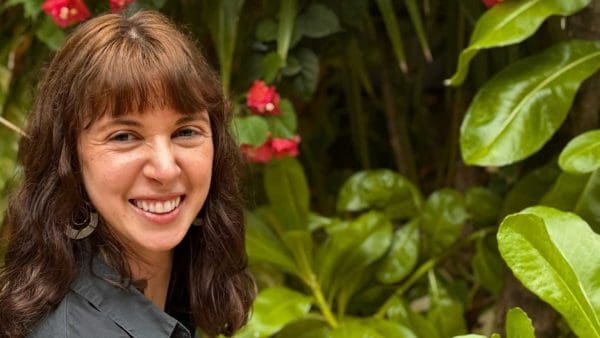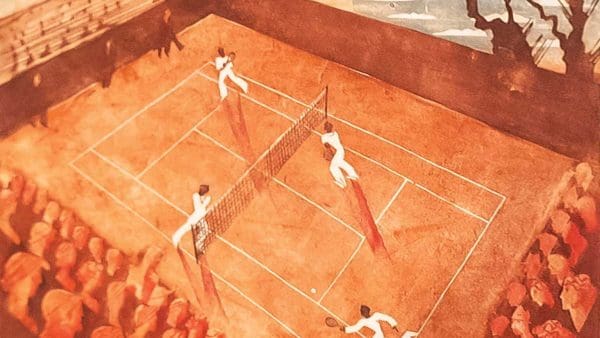
According to the Bureau of Justice Statistics, more than 2 million people are incarcerated in the United States—in county and city jails, and state and federal prisons. No other country has so many of its citizens behind bars. As an overwhelming majority of these inmates will eventually be released, providing ex-offenders with a smooth reentry into society is among our era’s greatest challenges, says junior Taharat Sheikh, who is double majoring in sociology and neurology.
Sheikh has long had a keen interest in this problematic topic. She worked as a student researcher on a University of Maryland, Baltimore County project examining prison labor while still in high school, and now tutors incarcerated individuals as a volunteer with the Johns Hopkins Jail Tutorial Project.
She says it was “a no-brainer” to make incarceration the subject of her Woodrow Wilson Fellowship. Her project focuses on the role of the faith community in welcoming recently incarcerated Muslim women back into society and how mosques combat the stigmatization of these individuals—or fail to.
“As a Muslim woman myself, mosques are a big part of my life,” Sheikh says. “Having a personal stake in the topic makes me that much more passionate about it.”
It’s also an underresearched area, as she has yet to find any solid demographic data showing how many Muslim women are incarcerated. She is concerned that as women members of a minority religion, they could face “overlapping vulnerabilities” during incarceration and afterward—all compounded by many being low-income people of color. “I’m using my Wilson Fellowship to interview these women and just get an idea of what challenges they face when they come out,” she says.
A British study of women Muslim ex-offenders in the United Kingdom found that the Muslim community is generally more accepting of male prisoners, with females returning from incarceration sometimes marginalized and viewed as bringing shame and dishonor to their families.
Sheikh hasn’t discovered such a pattern here yet, though her project is still in the early going. Working with Islamic prisoner aid organizations in the U.S., she has only interviewed two of an eventual 20 incarcerated Muslim women. But she is in this for the long haul, hoping it will form a senior thesis and lead to publication and conference presentations. “Because of my passion for the topic, I’m open to pursuing it as part of a PhD,” Sheikh adds.




